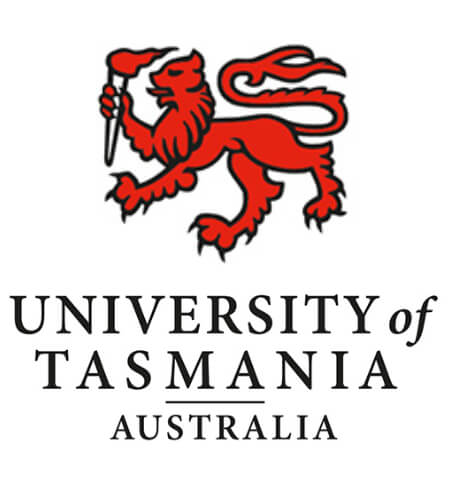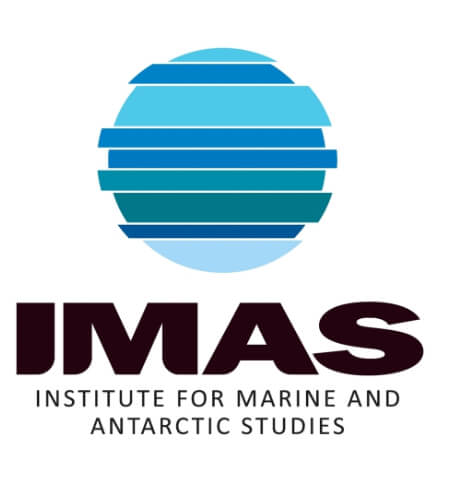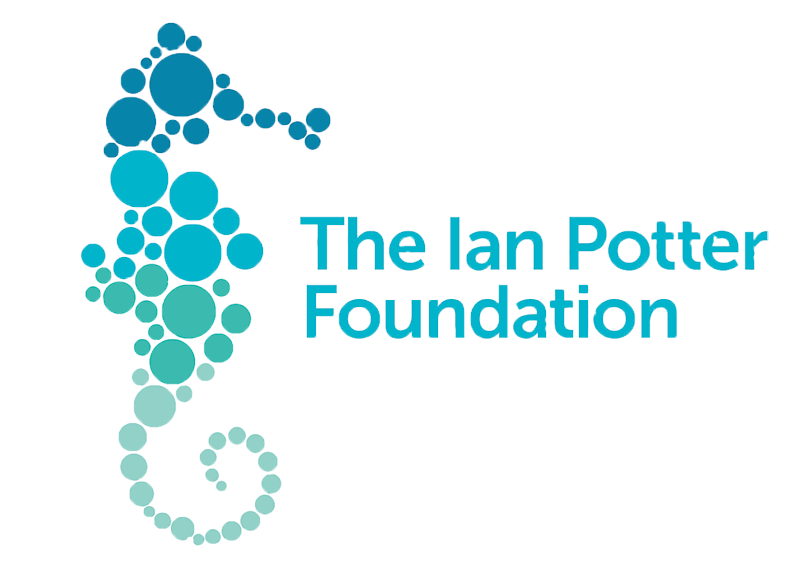Key Research Goals of Agency
IMAS has three core research programs in Fisheries and Aquaculture, Ecology and Biodiversity, and Oceans and Cryosphere. The ATRC falls within the Ecology & Biodiversity Centre, which is broadly concerned with understanding the structure and functioning of marine ecosystems. Our research has a particular emphasis on temperate systems, though has global outlook and capacity.
– Major lines of research include impacts of climate change and other aspects of global environmental change; determining patterns of biodiversity in marine systems and the underlying drivers; identifying the nature and roles of key species or functional groups from phytoplankton and seaweeds, to top predators on reefs and in pelagic systems; and conservation ecology, including the roles of measures such as marine protected areas.
Much of this work integrates biology, ecology, ocean physics and chemistry, and statistics, mathematics, modelling, management and policy.







